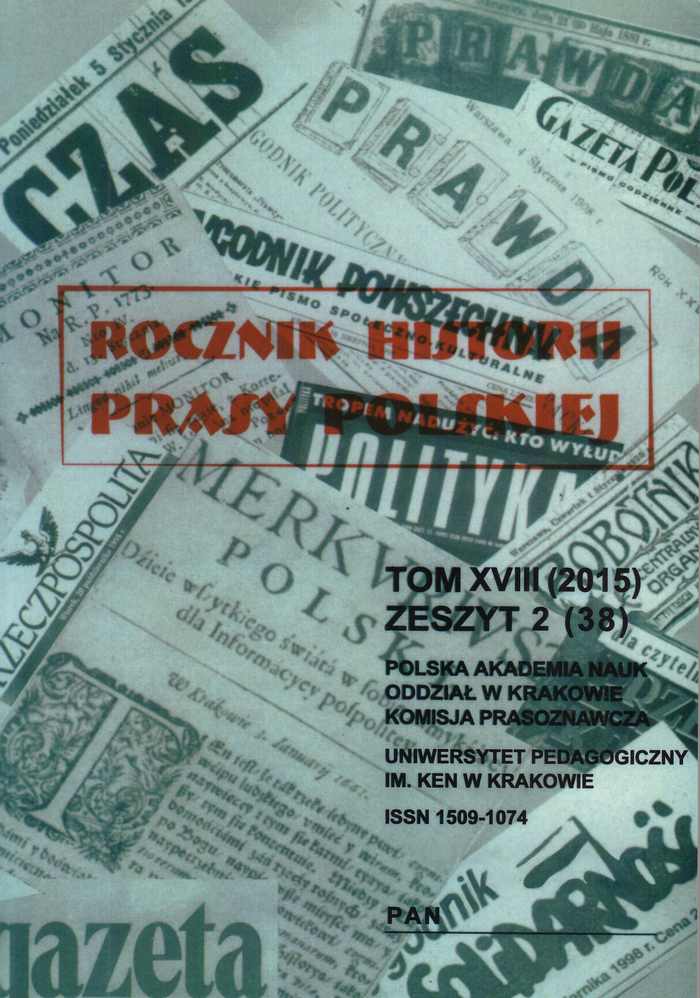The German and the Polish press in the Upper Silesian plebiscite agitation: 90 years since
Keywords:
Polish-German relations after World War I, The plebiscite in Upper Silesia in 1921, The Upper Silesia Autonomy Act of 1920, Polish and German propaganda campaigns, pro-Polish and pro-German press in both Polish and German (Kocynder, Pieron, Der Weisse AdlAbstract
The plebiscite agitation was carried out by means of leafl ets, brochures, books and the press. Although the Germans had at their disposal over one hundred newspapers and periodicals with the circulation of c. half a million copies, the historical and demographic arguments gave an edge to the Polish side. The Polish propaganda was also quite adept at exploiting fears triggered by the crippling war reparations imposed on Germany. At the same time it argued that the passing of the Upper Silesia Autonomy Act by the Warsaw parliament on 15 July 1920 made voting for Poland a safe bet. In their propaganda campaigns both sides used the opponent’s language, ie. the Germans published newspapers and magazines in Polish (eg. Kraj Górnośląski), while the Poles - mindful of the fact that since 1828 the Upper Silesians had to attend Prussian schools - came up with periodicals in German (eg. Der Weisse Adler).

